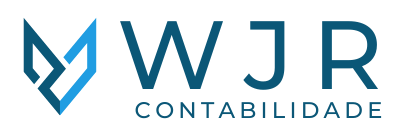In the ever-evolving realm of education, where information moves abundantly and access to expertise is only a click away, student-driven encyclopedias are becoming a vibrant tool in the discovering procedure.

These platforms not only offer trainees with a repository of information but additionally urge them to contribute, edit, and curate material, fostering a collaborative and interactive discovering environment.
As educational paradigms change in the direction of more participatory and comprehensive models, the idea of student-driven encyclopedias symbolizes this transformation. These systems empower pupils to come to be energetic individuals in knowledge creation, bridging the space in between traditional book knowing and modern digital sources.
The Principle of Student-Driven Encyclopedias
Student-driven encyclopedias are electronic systems where students jointly collect, confirm, and share details on a large variety of topics. Unlike standard encyclopedias, which are often written by specialists, these platforms leverage the joint initiatives of students to create a comprehensive body of understanding.

At their core, student-driven encyclopedias are made to cultivate vital reasoning, research study skills, and electronic literacy among students. By participating in the procedure of content creation, trainees discover to browse and evaluate student q&a hub information critically, abilities that are necessary in today’s information-rich society.
Moreover, these platforms act as a space for students to explore their rate of interests and share their knowledge. This autonomous strategy to knowledge production makes sure that a varied range of perspectives and voices are represented, improving the discovering experience for all participants.
- Pupils get hands-on experience in research and web content creation.
- Encourages partnership and peer interaction.
- Promotes a much deeper understanding of subject matter.
- Fosters inclusivity and diversity in knowledge depiction.
In essence, student-driven encyclopedias change trainees from passive receivers of info right into energetic factors, instilling a feeling of ownership and responsibility in their instructional trip.
Advantages of Student-Driven Encyclopedias
Among the major advantages of student-driven encyclopedias is the advancement of important 21st-century abilities. As pupils engage in the procedure of web content production, they hone their crucial thinking, electronic proficiency, and interaction abilities, all of which are vital in today’s interconnected world.
Furthermore, these platforms encourage a joint understanding environment, where trainees can collaborate to validate information, argument various perspectives, and co-edit articles. This peer-to-peer interaction not only improves finding out outcomes but likewise cultivates a sense of area and shared respect among trainees.
In addition, student-driven encyclopedias provide a platform for showcasing pupil job. As trainees contribute to the encyclopedia, they develop a profile of their research study and writing, which can be indispensable for additional academic and expert pursuits.
Obstacles and Limitations

In spite of the countless advantages, student-driven encyclopedias likewise deal with certain obstacles. Ensuring the precision and integrity of details is paramount, as these platforms depend on contributions from trainees who may not yet possess expert-level expertise.
- Preserving material quality and precision.
- Supplying appropriate guidance and assistance.
- Guaranteeing fair accessibility and inclusivity.
To reduce these difficulties, numerous student-driven encyclopedias apply a system of checks and balances, where content is assessed by teachers or specialists prior to magazine. This ensures that the details provided is both precise and credible, upholding the integrity of the platform.
The Future of Student-Driven Encyclopedias
As technology continues to development and the landscape of education and learning advances, the possibility for student-driven encyclopedias is substantial. These platforms have the ability to not just complement conventional academic resources yet likewise redefine the method expertise is obtained and shared.
In the future, we could see student-driven encyclopedias integrating more advanced technologies such as expert system and machine learning to boost material curation and personalization. Additionally, they may expand past textual information to include multimedia material, using an extra immersive knowing experience.
Equipping the Next Generation
Student-driven encyclopedias hold the pledge of encouraging the next generation of learners. By putting students at the helm of knowledge creation, these platforms encourage lifelong discovering, inquisitiveness, and intellectual independence.
Finally, as instructional systems continue to innovate, student-driven encyclopedias stand as a testimony to the power of collaboration and the significance of trainee agency in the understanding procedure. By accepting these platforms, we open the doors to a much more comprehensive, appealing, and dynamic academic experience for all.




